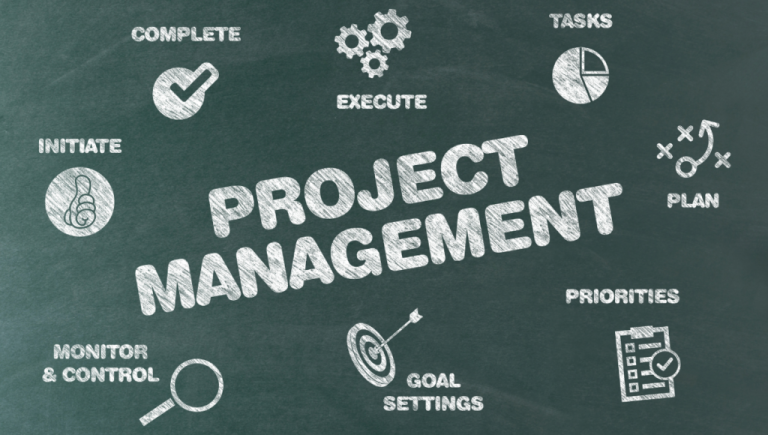What makes a leader effective in overseeing tasks from start to finish? How can mastering certain skills elevate your professional path? These questions often arise when discussing the importance of structured task coordination in professional settings.
Project management plays a pivotal role in achieving organisational goals and ensuring seamless execution. Learning to manage resources and lead effectively can significantly enhance professional opportunities, enabling individuals to excel in their chosen fields. It is a discipline that requires not just technical knowledge but also interpersonal skills to inspire and guide teams.
Table of Contents
Focus on Clear Communication
One of the most critical aspects of overseeing tasks is the ability to communicate effectively. Clear instructions and consistent updates ensure that all team members are aligned toward shared objectives. Miscommunication can result in missed deadlines and reduced productivity.
Establishing regular check-ins, utilising appropriate communication tools, and encouraging feedback can streamline collaboration. Effective dialogue not only keeps the team on track but also builds trust and confidence among colleagues, fostering a cohesive work environment.
Set Realistic Goals and Milestones
Defining achievable targets is fundamental to success. Ambitious goals can inspire teams, but unrealistic expectations may lead to frustration and burnout. Break down complex objectives into smaller, manageable milestones to keep the team motivated.
Timelines should be practical, taking into account potential challenges or delays. By setting attainable targets, leaders can create a steady workflow, ensuring consistent progress while avoiding unnecessary pressure on the team.
Prioritise Efficient Resource Allocation
Allocating resources efficiently is essential for completing tasks on time and within budget. Proper planning ensures that every element—be it manpower, finances, or materials—is utilised optimally. Mismanagement can lead to wasted efforts and hinder overall progress.
Conducting a detailed analysis of project requirements and assigning roles based on strengths and expertise can improve outcomes. Regular monitoring of resource use also helps identify areas where adjustments may be needed, allowing leaders to maintain efficiency throughout the process.
Stay Flexible and Adaptable
Unexpected challenges are inevitable. The ability to adapt to unforeseen circumstances is a key skill for professionals overseeing complex tasks. Flexibility allows leaders to pivot strategies without losing focus on the end goal.
When adjustments are necessary, maintaining a positive mindset and open communication with the team can minimise disruptions. Being adaptable not only ensures smoother execution but also demonstrates resilience—a trait highly valued in professional settings.
Leverage Tools for Better Organisation
Organisational tools can be game-changers when coordinating multiple tasks. They help track progress, set priorities, and manage timelines effectively. Here are some categories of tools to consider:
- Task Management Platforms: Streamline assignments and monitor progress.
- Time Tracking Software: Ensure deadlines are met efficiently.
- Collaboration Tools: Enhance team communication and file sharing.
Using the right tools reduces manual errors, improves accountability, and fosters a sense of order, making it easier to handle even the most demanding projects.
Foster a Culture of Continuous Learning
The field of task coordination is constantly evolving, with new methodologies and practices emerging regularly. Staying updated on the latest trends and techniques is essential for professionals looking to advance in their roles.
Attending workshops, earning certifications, or simply engaging in industry-related discussions can broaden knowledge and sharpen skills. Encouraging team members to pursue learning opportunities also creates an environment of growth and innovation, benefiting both individuals and organisations.
Project management is a skill that empowers professionals to lead with confidence and achieve remarkable results. It bridges the gap between vision and execution, making it an invaluable asset in any professional setting. By honing communication, setting achievable goals, and staying adaptable, individuals can unlock their full potential and make significant strides in their careers.
